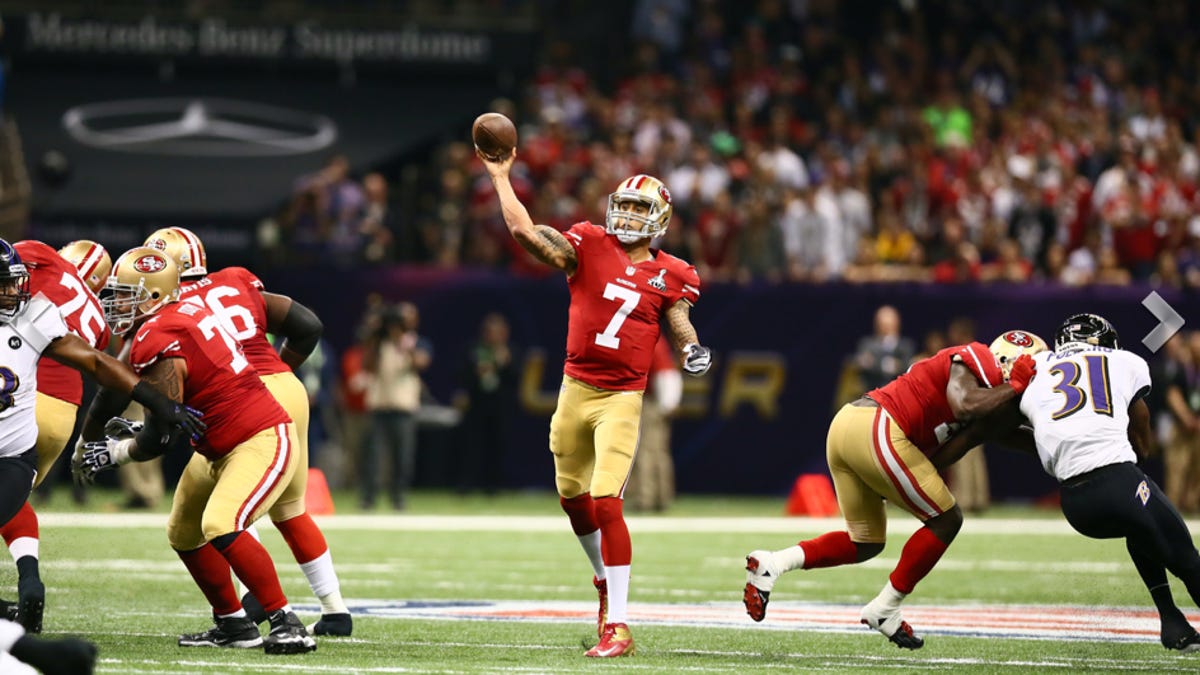Internet usage sacked during Super Bowl for loss of 15%
A study by Sandvine suggested that football fans huddled around their TVs were online 15 percent less than usual during the big game.

Internet usage dropped 15 percent during the Super Bowl as the football-obsessed and casual fans alike huddled around their TVs to watch the showdown between the eventual NFL champion Baltimore Ravens and the San Francisco 49ers.
That was the conclusion of a study released this morning by Sandvine, a firm that analyzes traffic on broadband networks.
And while hordes of people were pounding out tweets and Facebook status updates by the millions with their impressions on the Super Bowl ads, the blackout during the game -- and the companies that best leveraged social media during the power outage -- and, oh, yes, the actual football game, it appears that a whole lot of people stayed away from their computers until the festivities were over.
"While many might think the big game might cause big demand on fixed access networks," Sandvine wrote today, "the truth is while everyone is watching the game on their television they are actually giving the network a break from usage."
Sandvine said that Internet usage was down 15 percent during the game, a phenomenon it has dubbed "the Super Dip," and which exists despite the fact that the Super Bowl was streamed for free on CBSSports.com (which is owned by CNET parent CBS).
Still, while large numbers of people watched the game on TV, the live stream also generated a substantial audience among people with no access to a big screen, Sandvine reported. "For cord cutters or those not near a TV [the stream] would have been their only legitimate option," Sandvine wrote, "and thanks to the demand from these users the Super Bowl stream accounted for over 3 percent of total network traffic for the evening.
But despite a great deal of interest in Netflix's new series, "House of Cards," there was no obvious spike in Internet usage by people binging on that Kevin Spacey vehicle.

